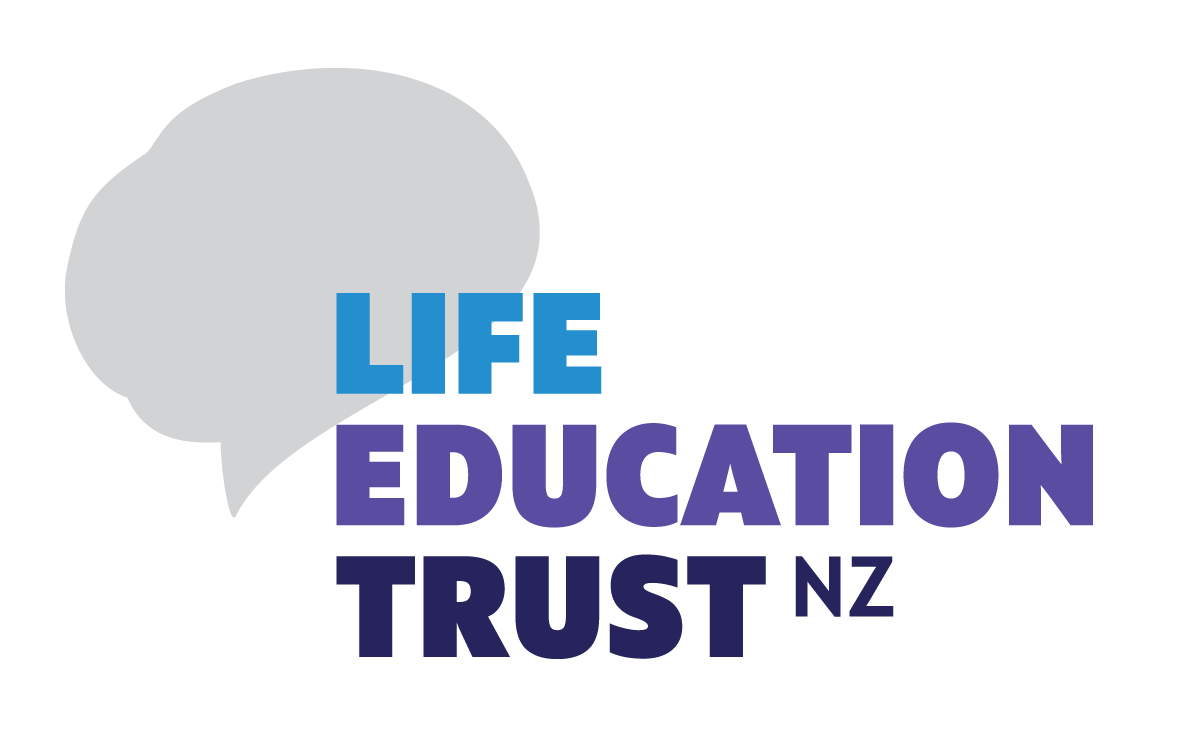Anxiety the biggest issue in New Zealand schools, survey finds

Article by Lee Kenny, Education Reporter, Stuff: www.stuff.co.nz/national/education/125875923/anxiety-the-biggest-issue-in-new-zealand-schools-survey-finds
Helicopter parenting, social media and concerns about the wider world are contributing to rising rates of anxiety in Kiwi children, an education expert says.
A survey of 2500 primary intermediate schools principals, deputies and teachers found anxiety was the biggest issue in New Zealand schools, with 90 per cent saying it was a concern, up from 86 per cent in 2020.
In Canterbury the figure was 93 per cent, with staff from 83 schools responding.
Anxiety was listed ahead of vaping, online bullying and pornography as the main issue teachers were worried about.
Other regions where high numbers of teachers said anxiety was an issue included:
- Central and South Otago – 96 per cent (31 schools)
- Taranaki – 92 per cent (57 schools)
- Southland – 92 per cent (59 schools)
- South Auckland – 85 per cent (107 schools)
Life Education Trust NZ has run its online survey since 2013, but the question about anxiety was only added last year, and had already swung from being ‘an issue’ to ‘very much an issue’ among school leaders.
Chief executive John O’Connell said symptoms of anxiety differed but could include a difficulty to socially engage, lashing out or withdrawing from situations.
“Teachers are having to deal with more and more behavioural issues because the children just aren't as equipped to manage the most stressful situations they find themselves in.”
The survey did not ask for specific causes of anxiety, but conversations with teachers revealed two “fundamental” problems: helicopter parents and “the stuff they are exposed to today”, O’Connell said.
Social media and instant access to global events were a challenge for young people “whose brain isn't developed”.
“They haven’t got that inherent resilience because we've been helicopter parents, and ultimately they are dealing with adult concepts that my generation didn't have to.”
Life Education Trust NZ said teachers and whānau needed to be upskilled, so they could help anxious children.
Demand for counsellors and therapists for young people had been described as “a tidal wave that keeps coming” as services struggled to keep up.
Figures provided to Stuff show the average wait time across 16 of the country’s 20 district health boards increased to 33 days in the year ended July 2020 – and some were as high as 72 days.
According to 2018 Ministry of Health document, most New Zealand children aged 3 to 14 “are developing well, without major social, emotional and/or behavioural problems”.
However, about 8 per cent had experienced “significant difficulties”, and mental disorders were the largest contributor to disability in those aged 10 to 24.
Figures from University of Auckland in 2020 showed mental health conditions among Kiwi youth had doubled in the past decade, and could get worse in the wake of the Covid-19 pandemic.
Christchurch Boys’ High School student Carlos Knight said anxiety was a problem for young people.
“It can start from the smallest things, even just a joke from one of your mates or someone commenting on what you're doing.”
The 17-year-old – who came to prominence in May when he called out “inappropriate” behaviour by young men – said many young people may suffer from anxiety but did not know they have it.
“It presents itself through the smallest things [like] being too afraid to say what you think or to go to the gym,” he said.
“So many students don't get involved because they are too anxious.”
Anxiety New Zealand chief executive Sarah Woollard said anxiety was a normal emotion, “designed to help keep us and others around us safe and healthy”.
“When anxiety becomes severe or longstanding then it signals that action may be needed.”
The organisation had seen an increase in the number of people seeking support, she said.
“The past 18 months has been one of many changes for children, teens, adults and family, and we would encourage people to continue to seek support for themselves and others they care about.”
